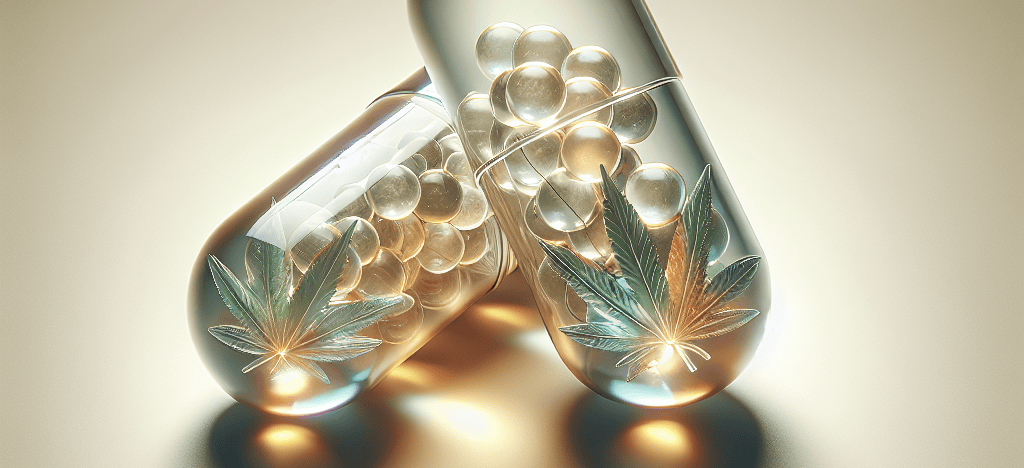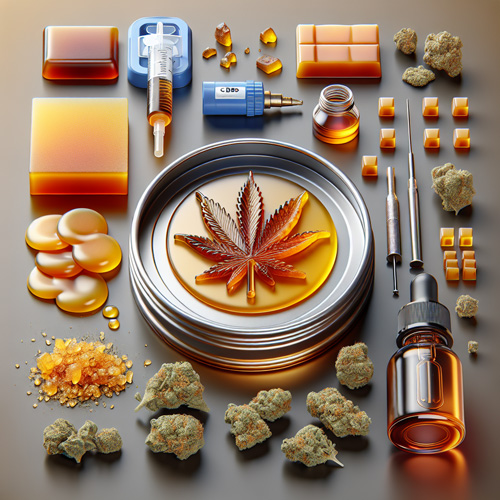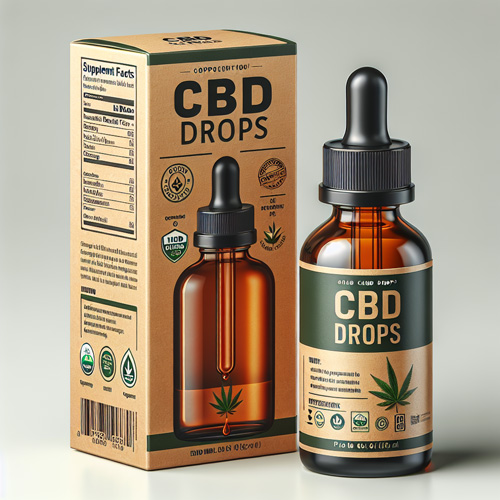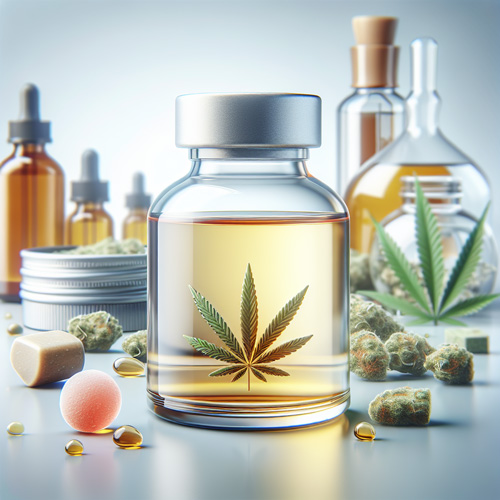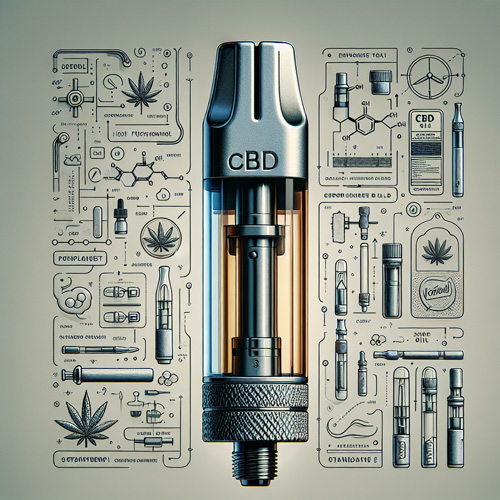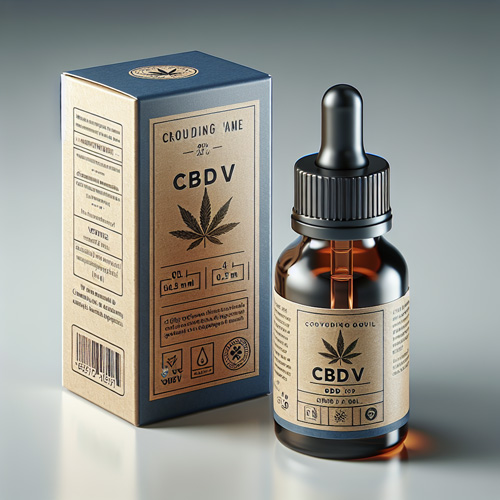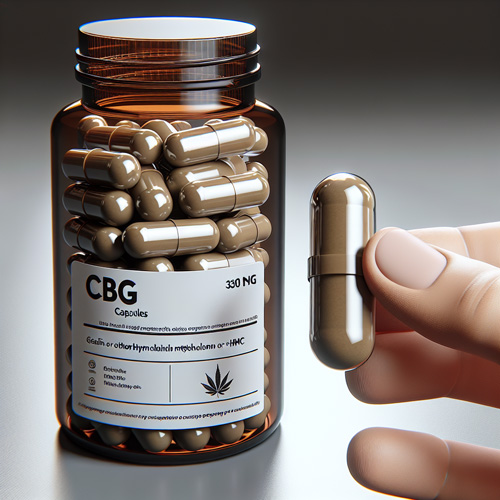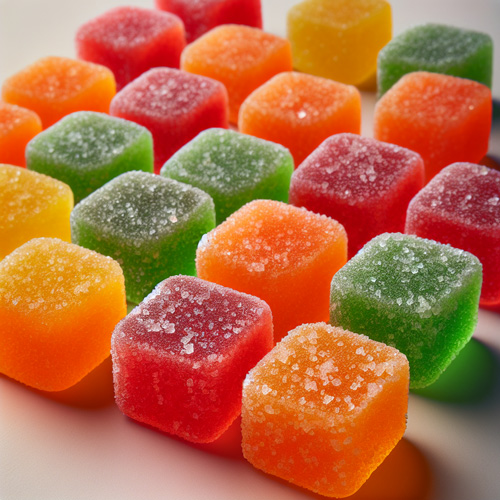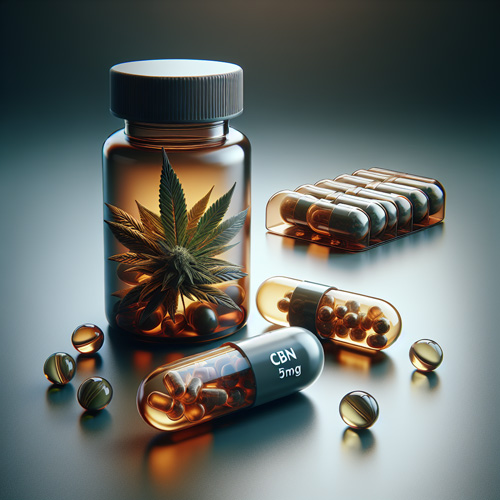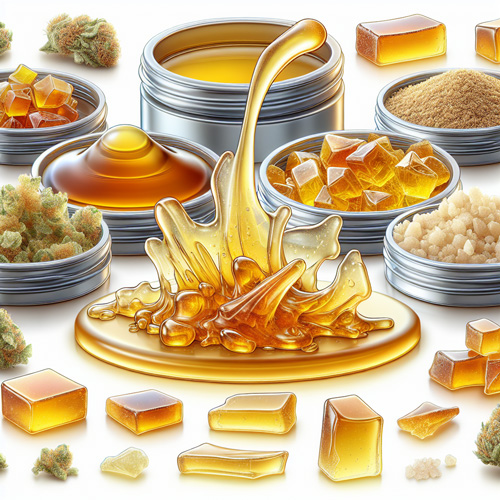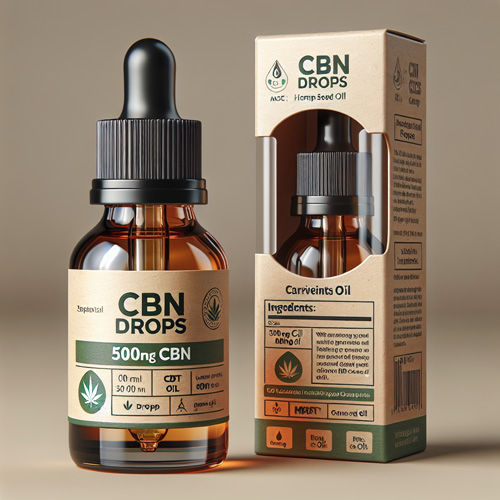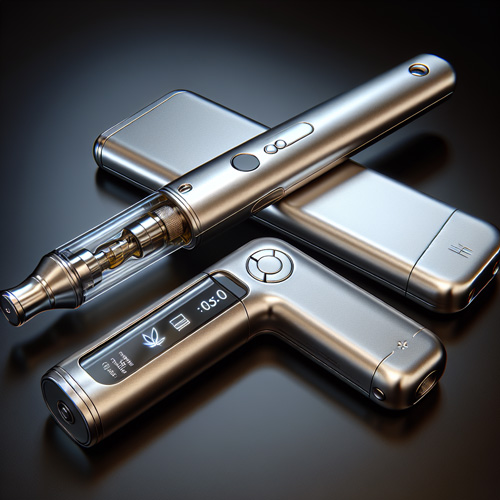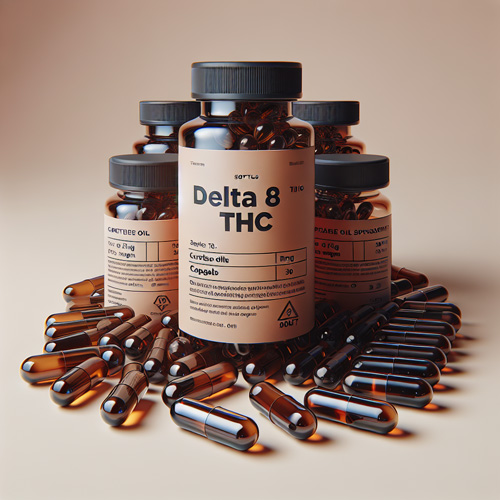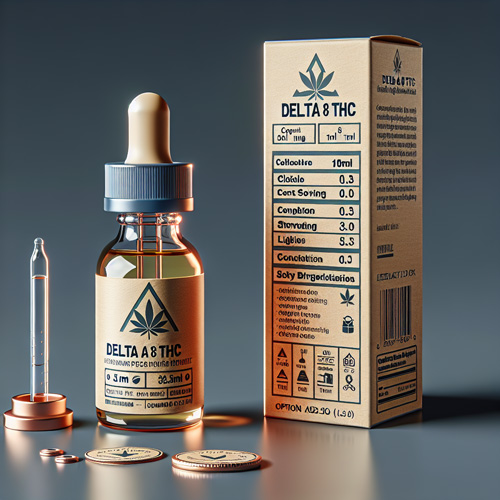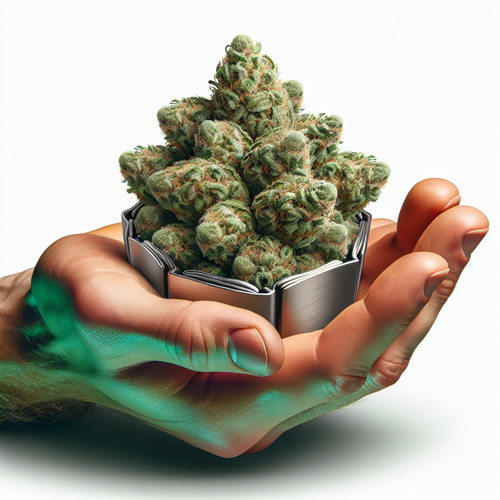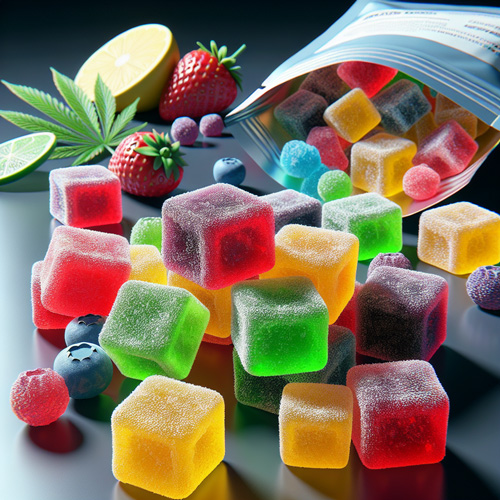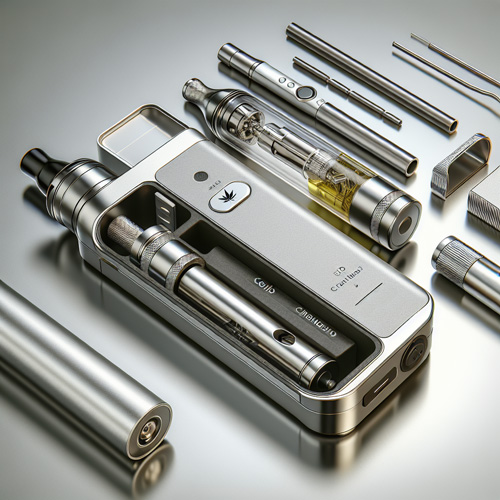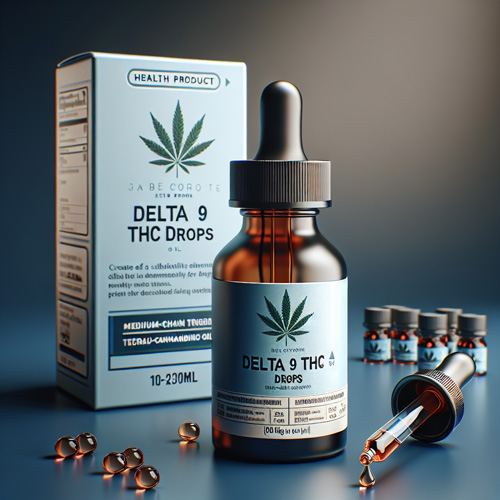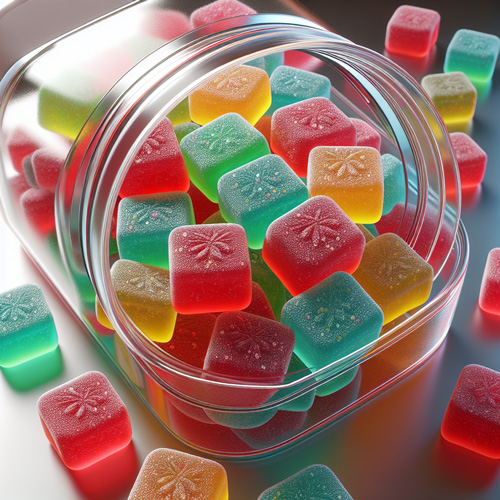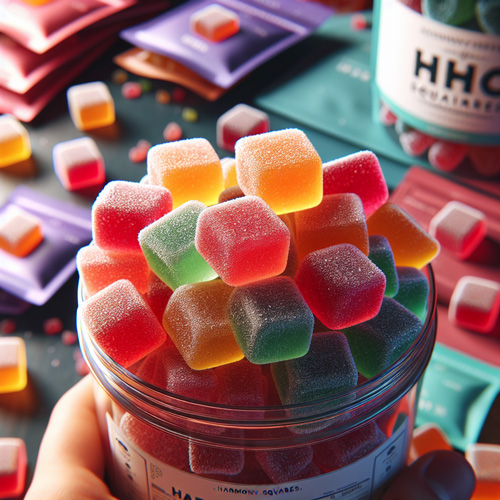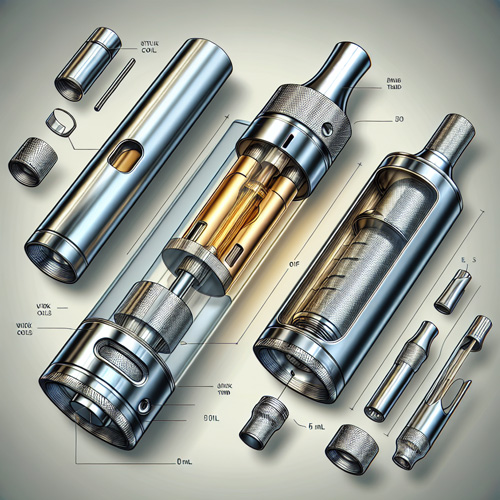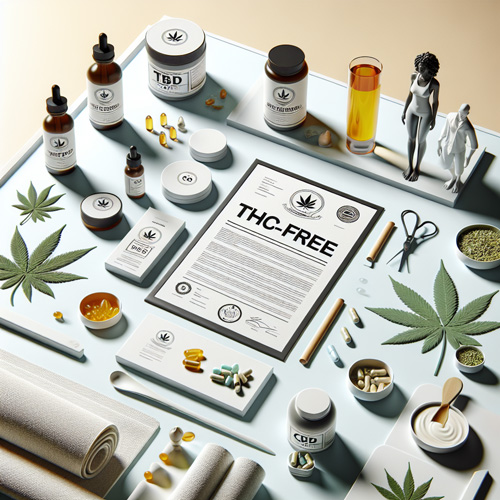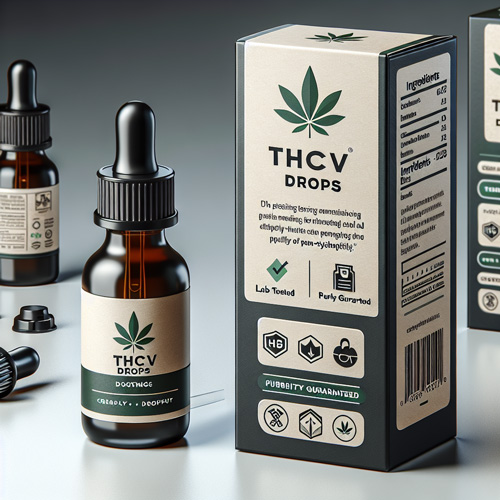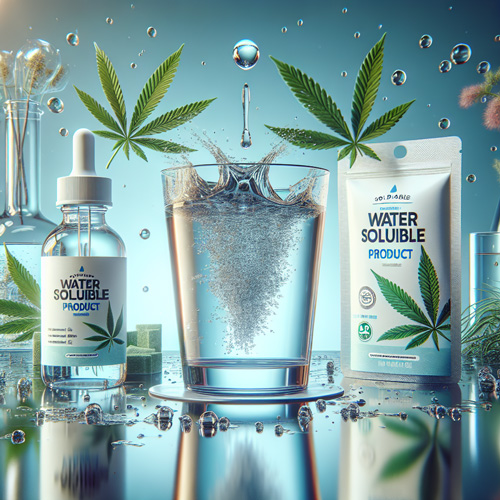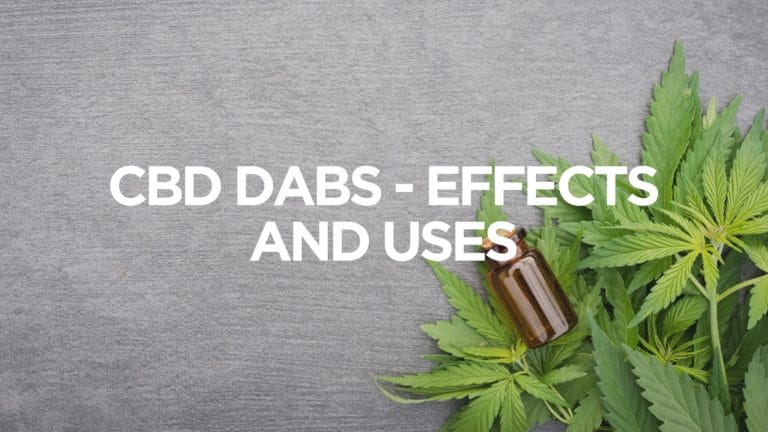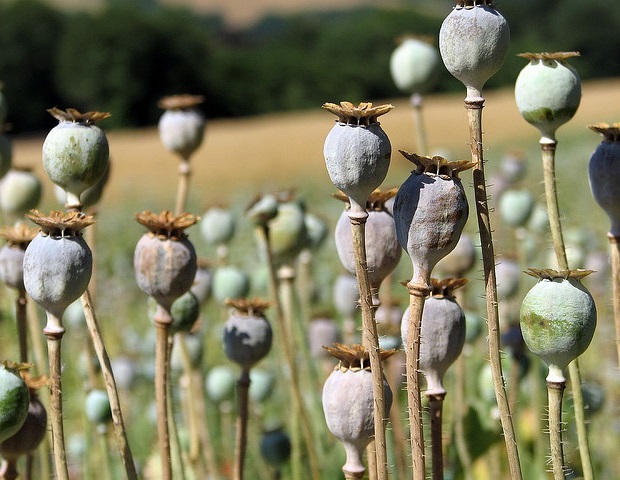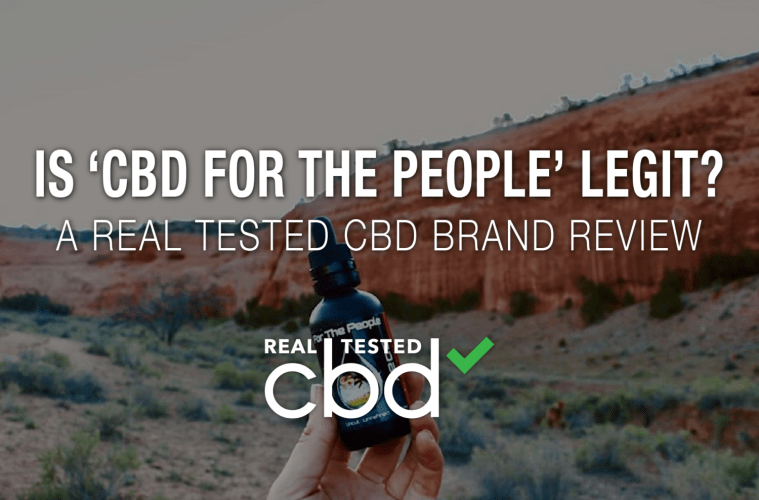Can You Overdose on CBD Oil? Everything You Need to Know but Don’t Want to Ask
Do you want to try out CBD products but find yourself asking 'Can You Overdose on CBD Oil?" Read on and get your questions answered.
From the wellness world to the beauty industry, it seems like CBD oil is everywhere you look these days.
Perhaps you’ve even thought about trying it out for yourself.
CBD oil works with your body’s natural endocannabinoid system, and many people swear that it’s helped them to feel calmer, manage their pain, and much more. Maybe you even know someone that uses CBD regularly for the health benefits, and they’ve convinced you to give it a shot.
However, you also want to understand more about the safety of CBD products.
Can you overdose on CBD oil? How much CBD oil should you take? Is CBD addictive? Are there any severe side effects?
These are all valid questions, and knowing the answers to them will help you to have a better and more relaxed experience with CBD.
Read on to get the truth about CBD.
Can You Overdose on CBD Oil?
Drug overdoses from dangerous street drugs and pharmaceuticals like heroin and fentanyl have been steadily on the rise for the past few years.
So of course, if you’re thinking about taking CBD oil, it’s only natural for you to ask, “Can you overdose on CBD oil?”
In short: no, just as you cannot overdose on marijuana (though it’s important to note that CBD oil and marijuana are not the same thing, as we’ll discuss later on in this post.)
Why is overdosing impossible?
Because of the location of the cannabinoid receptors within your endocannabinoid system, which is the part of your body that CBD oil interacts with, though mainly indirectly.
When people consume lethal doses of street drugs like opioids, this is mostly because the opioid receptors in your body are located directly in the part of your brainstem that controls some vital functions within your body, namely your breathing.
Your endocannabinoid system lives in another part of your brain, meaning that you’re completely safe.
Of course, it’s important to follow dosing instructions when you use CBD oil. But in most cases, this is mainly because CBD products can be expensive! Taking more than directed won’t improve your experience in any way, but it will waste the product.
Possible Adverse Effects (AE)
Cannabidiol can, in most cases, be tolerated by someone in high doses, and it is not intoxicating.
AE can also be called negative side effects. For a portion of the population, some may experience unpleasant side effects like diarrhea, nausea, lethargy, changes in appetite, among others. You can read this study for some great info about a meta analysis of some studies about larger doses of CBD and how they affect certain animals and humans.
This leads into why testing for contaminants is so important in the hemp extract industry. While cannabinoids like CBD do not affect critical systems in our bodies like dangerous pain killers, there may be other unknown items like heavy metals or pesticides, and those do come with toxic dose warnings.
Current drug safety regulations don’t apply to phytocannabinoid rich hemp oils, as the industry is unregulated at the time of writing.
Is CBD Oil Addictive?
In addition to questions about a potential CBD overdose, many people interested in taking CBD also have concerns about possible addiction.
The good news is that CBD oil is not addictive.
Why?
Because, unlike marijuana, it doesn’t contain THC, which is the psychoactive property in marijuana that is responsible for creating that “high” feeling. It’s no secret that there are all kinds of differing opinions about whether or not the THC in marijuana makes it truly addictive.
But because CBD oil contains only trace amounts of THC, you don’t have to worry about becoming addicted to the feeling of being “high.” CBD oil helps many people to relax and manage the symptoms of other health conditions, but it’s not addictive.
How Much CBD Oil Should I Take?
Finding the right dosage of CBD isn’t always as straightforward as it seems.
Many different factors influence the right dosage.
These can include the way in which you’re taking it; (tinctures, edibles, or vaping it, for example) the desired effect, the strength/spectrum of the CBD product, and even your weight and height.
The truth is that there is no “ideal serving size” that’s magically right for everyone. But because you don’t have to worry about overdosing on CBD or becoming addicted to it, you can feel free to use a little trial and error here.
In general, start with this dosing method: for every ten pounds of your body weight, try to take between 1-6mg of CBD.
If you’re looking to get the most accurate dosage possible, we suggest that you give CBD capsules a try. They make it easy to know exactly how much CBD oil you’re taking per day.
Keep a “CBD journal” when you first get started. Write down how much you’ve taken and the effects you’ve experienced.
CBD Oil: Other Considerations
Whether you’re taking CBD oil for anxiety, to help you manage pain, or for another reason, there are a few other important details to keep in mind.
First of all, especially if you’re currently taking any prescription medication (or if you’re still confused about dosing) you may want to talk to your doctor. They’ve likely had other patients ask them about using CBD oil, and may be able to offer excellent advice.
As a health supplement, the effects of cannabidiol on public health has been overwhelmingly positive. So much so, that it is even possible to find it at a gas station.
Additionally, it’s incredibly important to buy only high-quality CBD products from trusted companies. The last thing that you want is to buy synthetic CBD. In addition to being ineffective, synthetic CBD may also be dangerous.
Toxicity can come in the form of combining medications with CBD. Liver enzymes are utilized in the processing of cannabinoids like cannabidiol, and cautions similar to a grapefruit warning should be monitored alongside your physician.
Finally, remember that CBD can be taken in many different ways. In addition to orally ingesting CBD oil and other edibles, many people use salves, balms, and lotions that contain CBD.
You can apply it directly to your pain points in order to get the relief you need. You can put these oils and creams anywhere on your body, including your face.
Can Pets Overdose on CBD?
When it comes to animals, what is healthy for humans isn’t necessarily safe for our pets, and vice versa.
There is a difference between overdosing versus toxicity. Toxicity comes from the use of an unsafe substance, whereas overdosing stems from using too much of a generally safe product.
Can CBD Overdose Harm My Dog or Cat?
Similar to humans, our pets also have endocannabinoid systems that can affect things like our blood pressure, blood circulation, chronic pain, appetite, and more. And taking too much of any active ingredient can have adverse side effects for our fur-family.
And similar to human consumption, too many cannabis products for some of our pets can lead to lethargy, nausea, changes in heart rate, feelings of anxiety, etc.
Based upon our research utilizing pet owners’ social media and forum posts, there is anecdotal evidence that an effective dose would be anywhere from 2mg to 8mg of CBD per kilogram of body weight. This equates to roughly 1mg to 4mg of CBD per pound
Where Can You Find Quality CBD Products?
We hope this post has helped you to feel much more confident about trying out CBD products for the first time.
Many people have questions like, “Can you overdose on CBD oil?” But, the reality is that it’s next to impossible.
Still, to have the best and safest experience, you need to get the best products.
That’s where we come in.
Browse through and shop some of the top CBD products — whether you’re into capsules, tinctures, or more — with us. We know you’ll love the results, and the high quality of the products we’ll connect you with.
We can’t wait to turn you into a believer.
